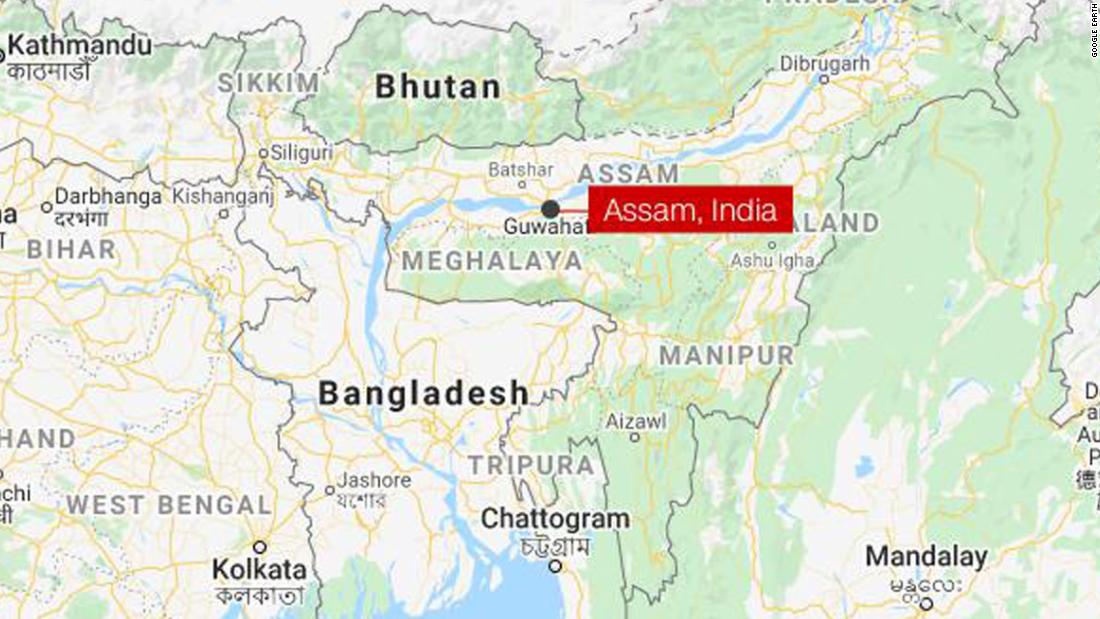All government-run Islamic schools in Assam, known locally as madrassas, will be converted by April, state education minister Himanta Biswa Sarma confirmed on Twitter on Wednesday.
In a speech to local politicians on the same day, Sarma positioned the law as a movement to empower the Muslim community. He said it would guarantee “the right to equal education for all children and facilitate the path to higher education”.
Madrassas provide an education system in which students learn about the Koran and Islamic history alongside general subjects such as mathematics and science.
According to the 2011 government census, Muslims represent 34.22% of the total population of Assam.
Once the law is passed, madrasahs will become “secular schools” that will not teach students about the Koran, officials said.
Opposition politicians have criticized the measure, saying it reflects the tightening of anti-Muslim attitudes in the country with a majority Hindu.
State opposition leader Debabrata Saikia said the new law was passed by the BJP to “consolidate more Hindu votes”.
“It’s a polarization tactic,” said Saikia. “(The BJP) is trying to do this in an official capacity. There is no need for a law.”
Opposition politicians from the Indian Congress Party and the United Democratic Front of All India went on strike during the discussion of the bill.
According to the president of the Education Council of Madrassa de Assam, Imran Hussain, about 700 schools will be impacted.
“If parents sent their children to madrasahs just for theological studies, they may have a problem,” said Hussain. “But I believe in a good education, and if (students) receive a general education, it will be good. It is not to belittle the (Muslim) community. This is not a policy directed against Muslims.
“I hope that with the new law (the government) the infrastructure in madrassas will increase.”
